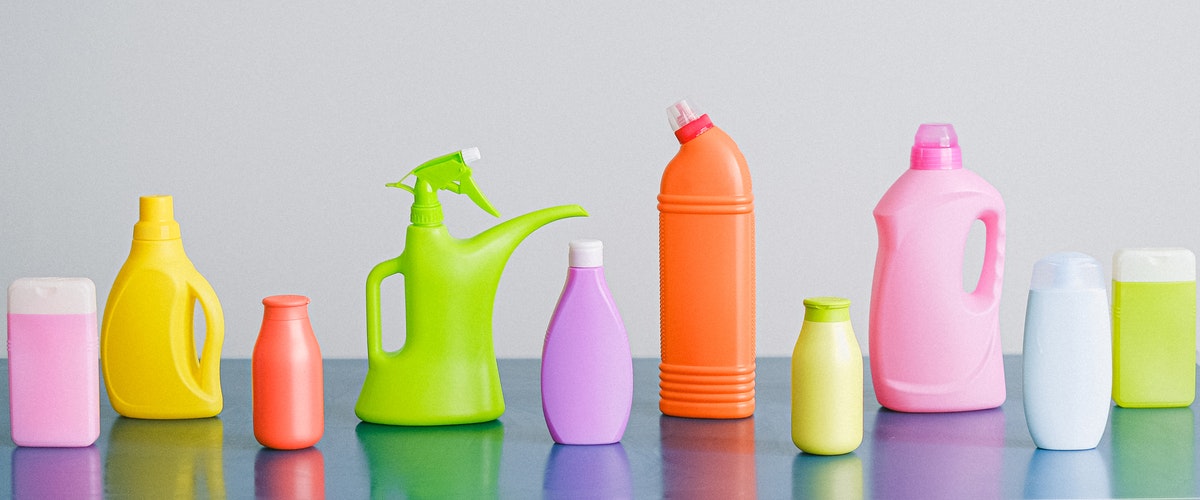Household/urban hazardous substances (HUHS) establishments have been given a two-year extension, or until December 31, 2023, to comply with the new product registration requirements of the Food and Drug Administration (FDA).
The two-year transitory period extension covers only product registration and does not apply to licensing requirements, FDA emphasized.
Thus, effective January 1, 2022, a License to Operate (LTO) becomes mandatory for all establishments engaged or intending to engage in HUHS-related activities.
FDA Circular No. 2021-011-A, issued last January 21, extends for two years the transitory period for HUHS establishments to comply with the new registration policy.
The order comes after appeals from the HUHS sector for a longer compliance period to secure marketing authorization for their products as well as in view of the ongoing pandemic-related challenges the country faces.
Earlier, FDA Circular No. 2020-025 had reinstated the requirements of licensing and registration for importers, exporters, manufacturers, toll manufacturers, wholesalers, distributors, retailers, or re-packers of those engaged in certain HUHS substances.
The circular was supposed to take effect last January 1 after the grace period for compliance ended in December.
But FDA through Circular 2021-011-A now establishes a two-year transitory period for securing a Certificate of Product Registration (CPR) for HUHS products as well as provides an interim guideline for product registration and product labeling during this time.
The issuance applies to HUHS products under Categories III and IV and to establishments engaged or intending to engage in their manufacture, importation, exportation, distribution, sale, offer for sale, transfer, promotion, advertising and/or sponsorship.
Moreover, the covered products are those intended for consumer or institutional use only and do not include products for industrial use.
Category III covers cleaners, fresheners and deodorizers, dishwashing and laundry detergents/soaps, disinfectants, fabric conditioners/softeners and ironing aids, fresheners and aromatic diffusers, moisture-absorbing agents, polishes, and pool chemicals.
Covered under Category IV are adhesives, glues and sealants; automotive, furniture and jewelry care and restoring products; button batteries; coloring materials; fabric dyes and tattoo dyes; paints, varnishes and thinners; paint stripper; and rut remover/degreasers.
Circular 2021-011-A states: “The 2-year transitory period extension shall apply to the registration of HUHS products. Hence, from 01 January 2022 to 31 December 2023, HUHS establishments may continue to distribute their HUHS products without a CPR from the FDA. However, effective 01 January 2024, a CPR shall be mandatory for all HUHS products distributed in the market.”
But the extension does not cover licensing requirements.
“The 2-year transitory period extension shall not apply to the licensing of HUHS establishments. Hence, effective 01 January 2022, [an] LTO as HUHS establishment shall be mandatory for all establishments engaged or intending to engage in HUHS- related activities,” the FDA explained.
The agency added that during the grace period, HUHS establishments should also deplete their remaining stocks of HUHS products with labels not compliant with the labeling requirements set forth in Annex J of Circular 2020-025, including with the Globally Harmonized System (GHS) of classifying and labeling chemical requirements.
Circular 2021-011-A also provides the rules covering other authorizations, including customs clearances, sales and promo permits, and Certificate of Free Sale, during the transitory period.
Companies are not mandated to secure sales and promo permits for covered HUHS products, and are also not required to obtain customs clearances as these need the issuance of a valid CPR.
For advertising and sales promotion activities and customs-related concerns, copies of this circular and valid LTO may be presented to the government and non-government entities instead of a valid FDA-issued CPR.
FDA Circular 2020-025 does not cover the following for its reinstated licensing and
registration requirements:
• Establishments engaged in raw materials used in the production of HUHS
products
• Retailers of HUHS products
• HUHS products which are donated, imported for personal use, intended for
exhibits, intended for exclusive use in agricultural setting; intended for other health-related/medical-related use, and intended for research and development and laboratory analysis
FDA Circular 2020-025 provides the implementing guidelines for Administrative Order No. 2019-0019, which reinstates the requirements of licensing for the HUHS sector.
Specifically, this circular establishes the guidelines for the licensing and inspection of HUHS establishments; establishes the guidelines for registration and other relevant authorizations for HUHS products; and updates the categorization of HUHS products. It also seeks to institutionalize the GHS as the new hazard category for labeling of
HUHS products.
It likewise sets out to ensure compliance by HUHS establishments to FDA regulatory standards, such as Good Manufacturing Practice, Good Distribution Practice, Good Storage Practice, and Good Labeling Practice.
Source: PHILEXPORT News and Features
February 23, 2022
February 23, 2022













